CDC Updates HIV Post-Exposure Prophylaxis Guidelines with Newer Antiretroviral Regimens
The Centers for Disease Control and Prevention (CDC) released updated guidelines for HIV post-exposure prophylaxis (PEP), recommending newer antiretroviral regimens like Biktarvy and dolutegravir combinations. These guidelines emphasize initiating PEP within 72 hours of exposure, preferably within 24 hours, and outline testing protocols and considerations for special populations, including pregnant women and children.
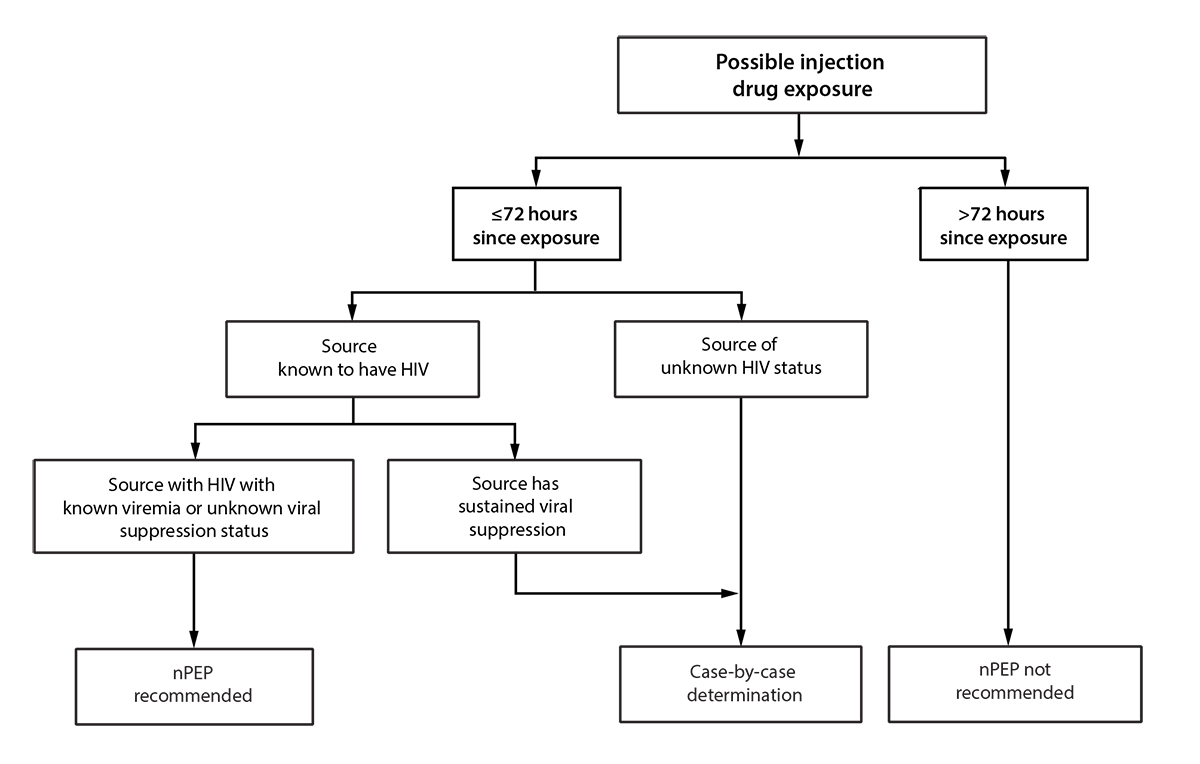
 Centers for Disease Control and Prevention | CDC (.gov)
Centers for Disease Control and Prevention | CDC (.gov)
 POZ - Health, Life and HIV
POZ - Health, Life and HIV
 MSN
MSN
Global Omega-3 Deficiency Linked to Health Risks, Environmental Factors: Study
A recent study by Case Western Reserve University indicates that 85% of the global population suffers from Omega-3 deficiency, impacting brain and heart health. The shortage is attributed to dietary imbalances and environmental issues like overfishing, pollution and rising sea temperatures, leading to increased risks of chronic diseases and developmental problems. Alternative sources and sustainable practices are recommended.

 Times of India
Times of India
 The Daily | Case Western Reserve University
The Daily | Case Western Reserve University
 Yahoo News UK
Yahoo News UK
 Ideastream
Ideastream
Gas Stoves Linked to Elevated Cancer Risk, Especially for Children: Study
A recent Stanford University study has found that gas stoves emit benzene, a carcinogen, posing a higher cancer risk, especially for children. The risk is amplified in homes with medium to high gas stove usage and inadequate ventilation. The study highlights the importance of ventilation and potential mitigation strategies, including switching to electric stoves. New York has already banned gas stoves in new constructions.

 San Francisco Chronicle
San Francisco Chronicle
 New York Post
New York Post
 The Independent
The Independent
 ScienceAlert
ScienceAlert
CDC Issues Dengue Fever Warning for Fiji as Cases Spike in Western Pacific
The CDC has issued a warning for travelers to Fiji due to a surge in dengue fever cases across the Western Pacific. Dengue, a mosquito-borne virus, poses a significant health risk, with Fiji's Central Division reporting over 1,000 cases between January and late March. Travelers are advised to take precautions against mosquito bites.

 New York Post
New York Post
AI Tool Predicts Biological Age from Facial Photos, Aiding Cancer Treatment Decisions
Scientists at Mass General Brigham have developed FaceAge, an AI tool that estimates biological age by analyzing facial photos. This technology aims to assist doctors in making treatment decisions, particularly for cancer patients. The tool analyzes facial features to predict survival outcomes and determine a patient's ability to withstand aggressive treatments. Further testing and validation are underway to address concerns about accuracy and bias.
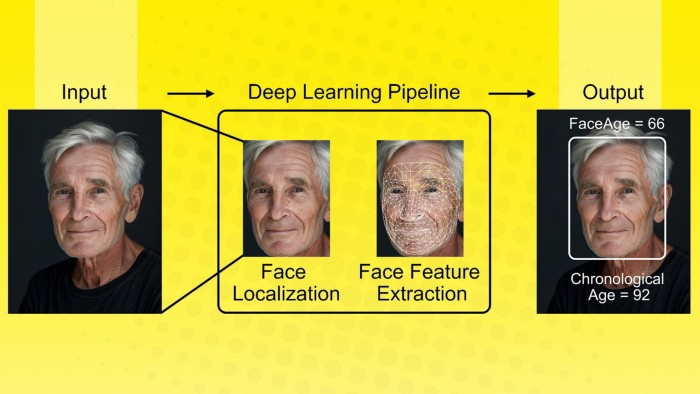
 Financial Times
Financial Times
 The New York Times
The New York Times
 The Boston Globe
The Boston Globe
 Medical Xpress
Medical Xpress
Ohio Mother Advocates for Son's Chronic Lyme Disease Battle
Alisha Staley is raising awareness about Lyme disease as her son battles chronic symptoms five years after a tick bite. The disease has significantly impacted his life, preventing him from attending high school, working, or going to college. Health experts highlight the difficulty in detecting Lyme disease due to generalized symptoms and the absence of a bullseye rash in some cases. Early medical attention is crucial if a tick bite is suspected.
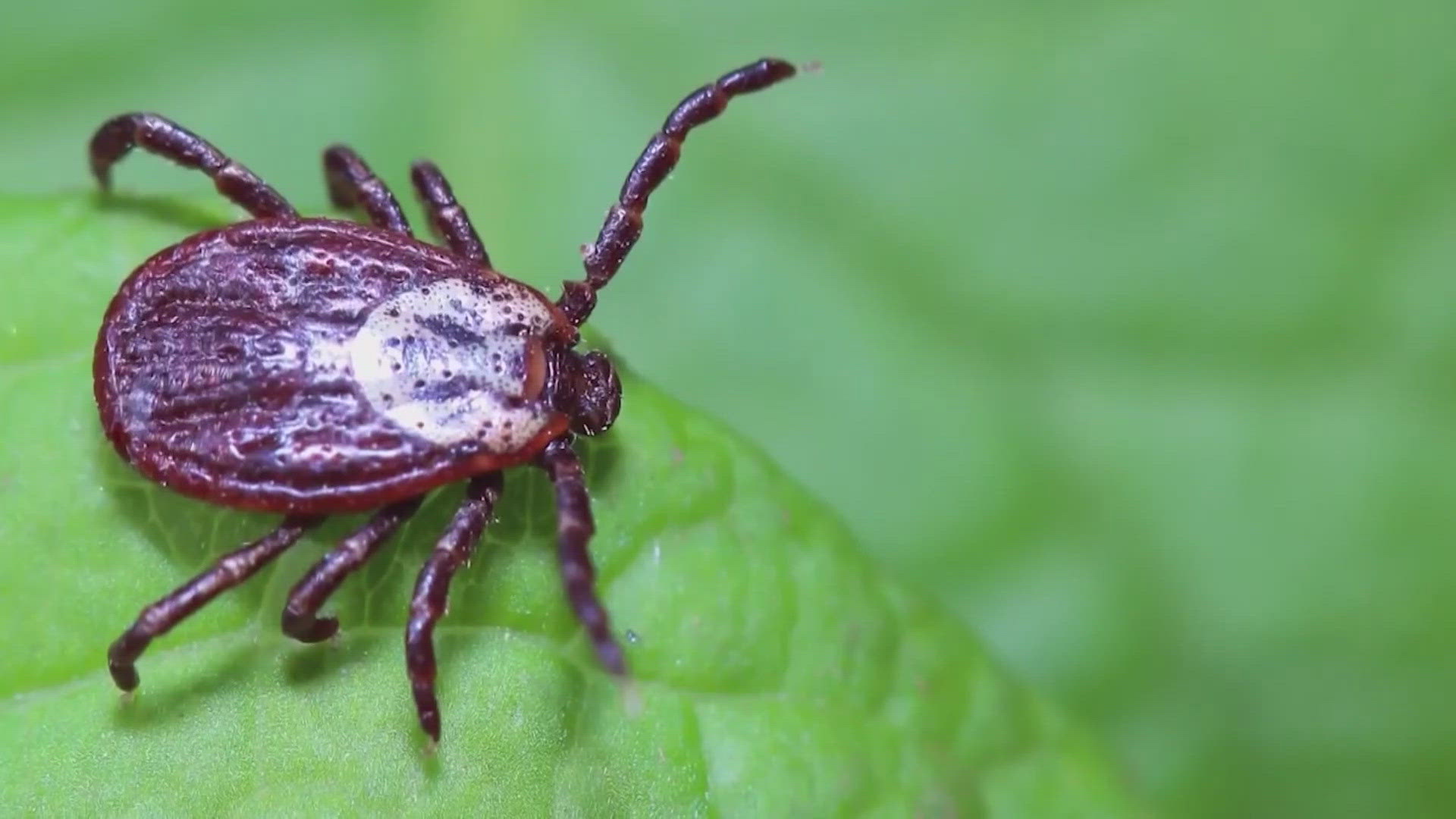
 10tv.com
10tv.com
HIV Drug NRTIs Linked to Reduced Alzheimer's Risk in New Study
A new study suggests that HIV drugs known as NRTIs are linked to a reduced risk of developing Alzheimer's disease. Analyzing large health databases, researchers found a 6-13% annual decrease in Alzheimer's risk among patients taking NRTIs. Clinical trials are now being called for to further investigate these findings.

 Neuroscience News
Neuroscience News
Study: Wildlife Trade Likely Sparked COVID-19 Emergence, Echoing SARS Origin
A new study published in Cell suggests that the COVID-19 virus, like the SARS virus, likely spread to humans via the wildlife trade. Researchers analyzed the evolutionary history of sarbecoviruses and found that the virus traveled too quickly to Wuhan for natural bat dispersal, supporting the theory of animal trade as a key factor in the pandemic's origin. The findings dispute the lab leak theory.
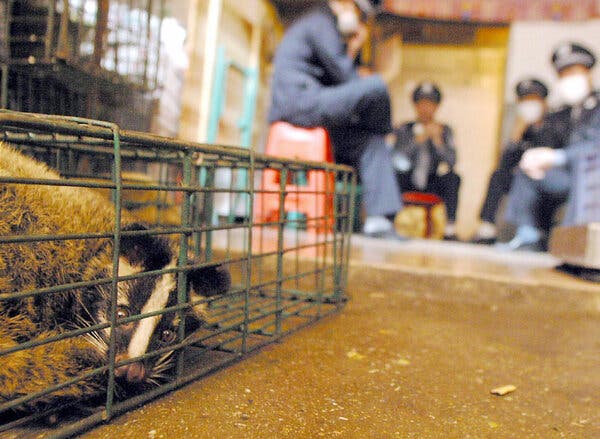
 The New York Times
The New York Times
 UC San Diego Today
UC San Diego Today
 Discover Magazine
Discover Magazine
 fox5sandiego.com
fox5sandiego.com
Measles Outbreak in North Dakota: Nine Cases Confirmed, Isolation Measures Implemented
A measles outbreak in Williams County, North Dakota, has resulted in nine confirmed cases among unvaccinated individuals. Health officials are implementing vaccination clinics and isolation measures, particularly affecting schools in Williston. The state is taking steps to inform the public and mitigate the spread of the highly infectious disease, with revised vaccination recommendations for infants in the affected area.
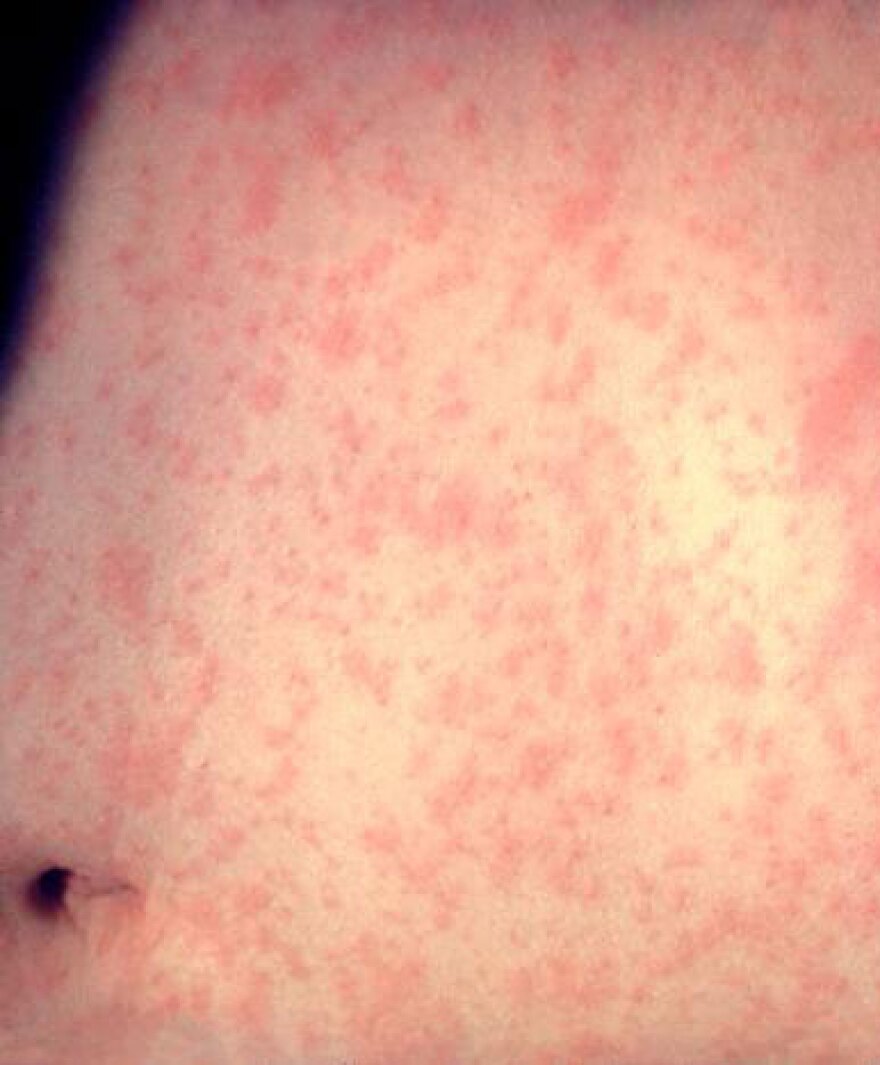
 Prairie Public
Prairie Public
 The Hill
The Hill
 KFYR-TV
KFYR-TV
 North Dakota Monitor
North Dakota Monitor
Measles Outbreak: New York Confirms New Cases, Urges Vaccination Amid National Resurgence
New York is experiencing a measles outbreak, with new cases confirmed in Orange and Ontario counties. Health officials urge vaccination and caution travelers, particularly those with young children. The outbreak is part of a broader national resurgence of measles, with cases significantly exceeding those of the previous year. The State Department of Health is working to monitor and contain the spread.

 13wham.com
13wham.com
 Times Union
Times Union
 Spectrum News
Spectrum News
 WRGB
WRGB
Brain Signals and Glial Cells Guide Meningeal Lymphatic System Development
A new study reveals that neural activity regulates the brain's waste disposal system, the meningeal lymphatic system, through glial cells that release a crucial growth factor, Vegfc. Fibroblasts help process Vegfc, guiding lymphatic vessel formation and preventing harmful immune invasion, showcasing the brain's coordination of its microenvironment. This discovery offers insights into neurological diseases and potential treatments.

 Neuroscience News
Neuroscience News
Avian Flu Spreading: Cat Infections Spike, Raising Human Spillover Concerns
Avian flu continues to spread amongst animals in the US, with recent data showing an increase in feline infections, which is cause for concern for human spillover. The H5N1 clade 2.3.4.4b strain is especially worrisome, scientists say. While the risk to the general public is low and there's no evidence of human-to-human transmission, experts call for increased monitoring and surveillance.

 CIDRAP
CIDRAP
 Bloomberg
Bloomberg
 Phys.org
Phys.org
 ABC News
ABC News
Rare Genetic Mutation Allows Some to Thrive on 4 Hours of Sleep
Scientists have identified a rare genetic mutation, SIK3-N783Y, that allows some individuals to thrive on approximately four to six hours of sleep per night. The mutation affects the SIK3 gene, impacting the phosphate molecule transfer process crucial for the sleep-wake cycle. Research on mice with the mutation showed reduced sleep duration, suggesting a potential therapeutic target for sleep disorders.

 Live Science
Live Science
 ScienceAlert
ScienceAlert
 Medical Xpress
Medical Xpress
 Yahoo News Canada
Yahoo News Canada
Search On for Possible Rabid Raccoon After Portsmouth Attacks
Authorities in Portsmouth, New Hampshire, are searching for a potentially rabid raccoon following several reported attacks on people. The incidents occurred in parking lots of local businesses, including Market Basket and Marshalls. One man was bitten and received medical treatment. Officials urge caution and advise residents to contact authorities if they spot a potentially rabid animal.

 Boston.com
Boston.com
 WMUR
WMUR
 The Pulse of NH
The Pulse of NH
Bryan Johnson on Longevity, Sleep, Sex, and His Anti-Debauchery Lifestyle
This article summarizes an interview with Bryan Johnson, a figure known for his extreme longevity pursuits. He discusses the importance of sleep, measured diet, and the negative impacts of habits like smoking and excessive drinking. Johnson also shares insights on protein consumption, fasting, and even his unique take on sex for longevity, all driven by data and self-experimentation.

 GQ
GQ
Best Canned Foods for the Mediterranean Diet: Dietitian-Approved Choices
This article highlights the advantages of using canned foods in a Mediterranean diet, emphasizing their affordability, convenience, and nutritional value. It lists six dietitian-recommended canned foods—chickpeas, tomatoes, sardines, artichokes, olives, and white beans—detailing their health benefits and ways to incorporate them into meals. The article also provides tips for selecting low-sodium, minimally processed canned goods.

 EatingWell
EatingWell
Ultra-Processed Foods Linked to Increased Risk of Premature Death, Study Finds
A study in the American Journal of Preventive Medicine reveals a correlation between ultra-processed food consumption and premature death. The analysis of seven studies indicates that each 10% increase in calories from ultra-processed foods raises the risk of early death by 3%. The article defines ultra-processed foods and provides tips for healthier eating habits.

 AOL.com
AOL.com
Avoiding Ticks and Mosquitoes: Prevention, Risks, and Treatment Advice
This article consolidates information from multiple sources to provide practical advice on avoiding tick and mosquito bites. It covers preventative measures like using repellents and wearing protective clothing, discusses diseases transmitted by these pests, and offers guidance on removing ticks and seeking medical attention when necessary. The focus is on empowering individuals to protect themselves and their families.

 The Washington Post
The Washington Post
 KSNB
KSNB
 KSPR
KSPR
 futurity.org
futurity.org
RSV Prevention Efforts Lead to Infant Hospitalization Decline in the US, 2024-2025
A new CDC report indicates a substantial drop in RSV-related hospitalizations among infants under 7 months in the United States during the 2024-2025 season. This decline is attributed to the widespread availability of maternal RSV vaccine and nirsevimab, a monoclonal antibody. Hospitalization rates decreased significantly compared to pre-pandemic levels. These prevention efforts, coupled with a decrease in overall infant mortality, mark significant progress in safeguarding infant health.
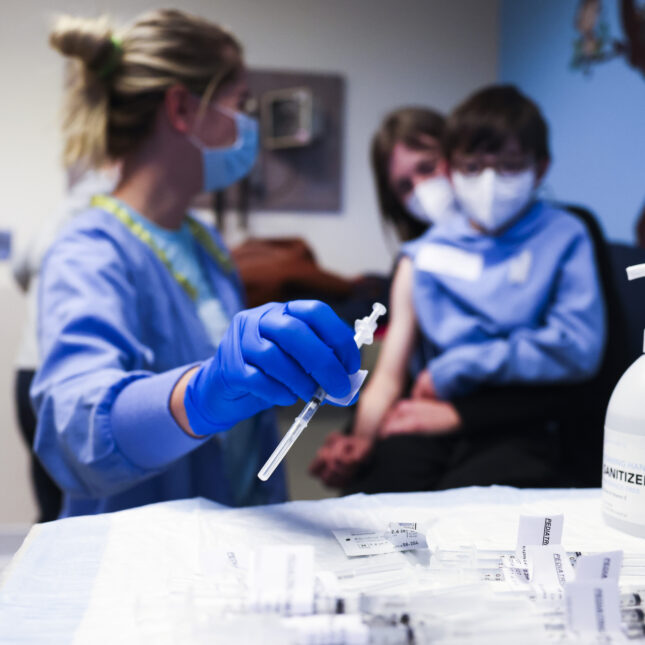
 Centers for Disease Control and Prevention | CDC (.gov)
Centers for Disease Control and Prevention | CDC (.gov)
 statnews.com
statnews.com
 AP News
AP News
 CIDRAP
CIDRAP
Birthday Effect: Study Reveals Increased Mortality on Birthdays, Explores Potential Causes
A study using Massachusetts death records from 1990-2024 reveals a 6.9% excess in deaths on birthdays after adjusting for seasonal variations. The research explores statistical significance, potential causes like psychological factors and celebratory behavior, and compares its findings with other studies on the 'birthday effect'. The study highlights the impact of social constructs on mortality.
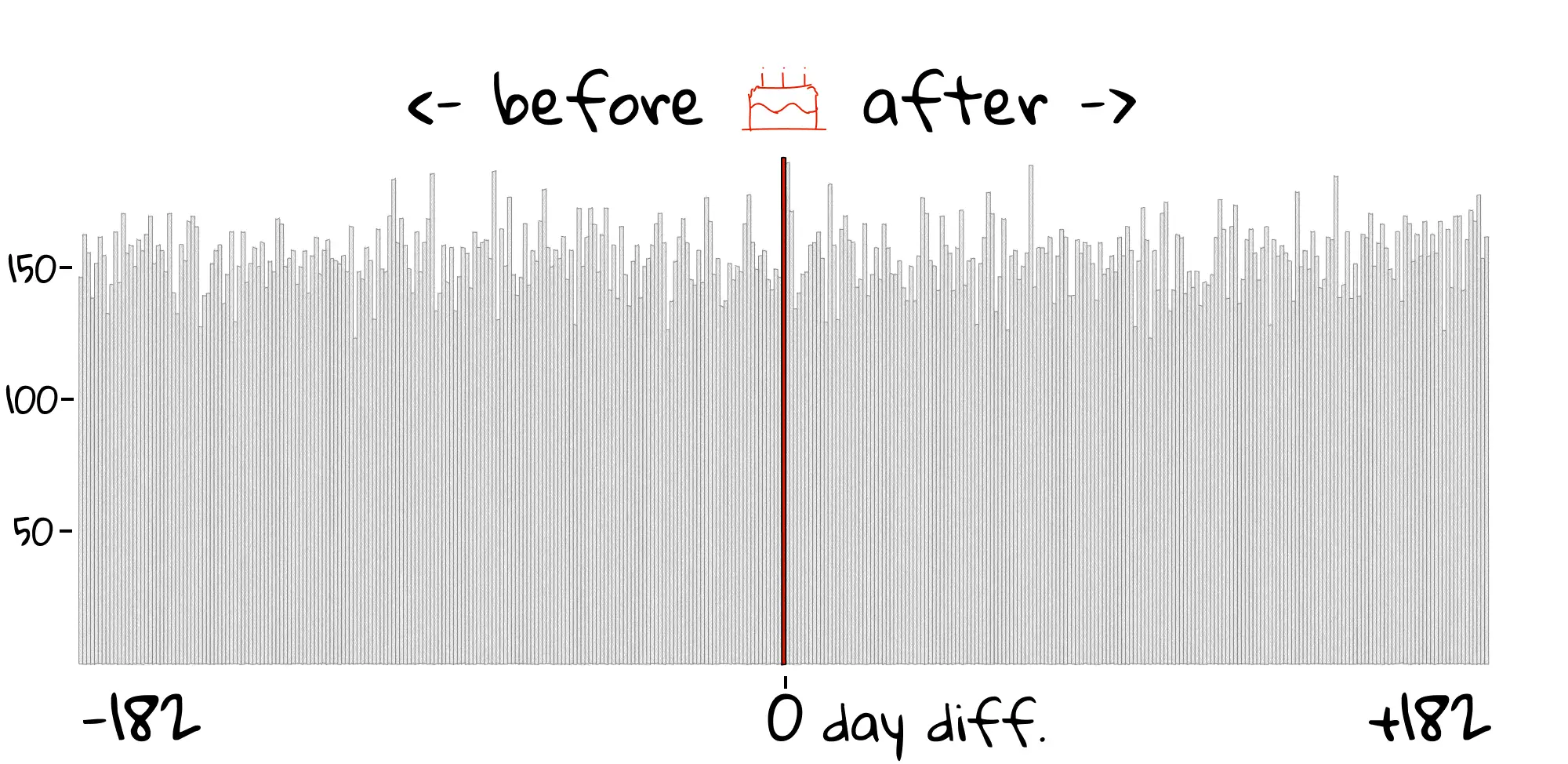
 The Pudding
The Pudding
